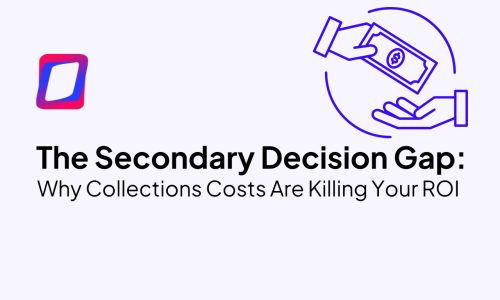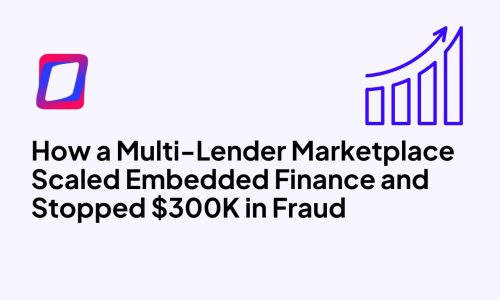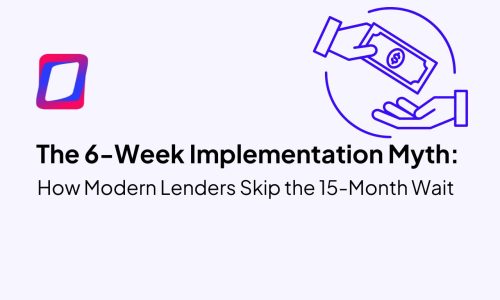Lending Link LIVE: CEO of Verdata Discusses the Evolution of Credit Scoring with Alternative Data
Broadcasting directly from the heart of the Fintech Meetup in Las Vegas, we’re excited to present a special edition of Lending Link LIVE straight from GDS Link’s booth #1219. In this episode, host Rich Alterman is joined by Mike Mondelli, the visionary CEO of Verdata, for an in-depth discussion on the transformative impact of alternative data and artificial intelligence on credit scoring and small to medium business (SMB) lending.
Throughout the conversation, Mike enlightens us with his perspective on the evolution of credit evaluation processes, the intricacies of consolidating diverse data sources, and the pivotal role artificial intelligence plays in revolutionizing the accessibility of financial services.
The dialogue also ventures into the resilience of entrepreneurship during the pandemic era and the transition towards more flexible, hybrid work environments. This episode is an exploration of how Verdata is at the forefront of fintech innovation, imparting invaluable insights for both emerging startups and established entities in the financial sector.
Tune in for a comprehensive exploration into the future of finance, highlighted by Verdata’s innovative contributions to the field. Access the episode now for exclusive insights into the next wave of fintech advancements.
About Verdata:
Verdata’s proprietary commercial data platform provides businesses with timely and historical cross industry insights for prior and ongoing payment, service, and regulatory behavior. Similar to how consumer lenders leverage broad alternative data assets to evaluate consumers at scale across online and physical channels, Verdata enables businesses to evaluate and monitor other businesses in an automated, scalable, and efficient manner.
About GDS Link:
GDS Link is a global leader in credit risk management, providing tailored software solutions, analytical and consulting services. Our customer-centric risk management and process automation platforms are designed for the modern lender in their pursuit to capitalize on the entire credit lifecycle.
By providing a personal, consultative approach and leveraging our own industry-leading knowledge and expertise, GDS Link’s solutions and services deliver exceptional value and proven results to thousands of clients around the world.
About The Lending Link Podcast:
The Lending Link Powered by GDS Link is a podcast hosted by Rich Alterman and designed for the modern-day lender. Each episode deeply delves into innovation within the financial services industry and transformation efforts, including AI / ML integration, Modeling, Risk Management Tactics, and redefining Customer Experiences.
GDS Link launched The Lending Link to explore unique strategies for the modern-day lender, dive into the innovative advancements GDS Link and our partners are currently developing and delivering, and gain insights from captivating guests within the FinTech, banking, and credit union worlds.
We have a wide range of guests from various lending institutions and diverse organizations who talk about strategies, technology, and everything in between.
Check Out Our LinkTree to listen to podcast episodes on your preferred platform.
Recent articles

The Secondary Decision Gap: Why Collections Costs Are Killing Your ROI
Read article
How a Multi-Lender Marketplace Scaled Embedded Finance and Stopped $300K in Fraud
Read article





